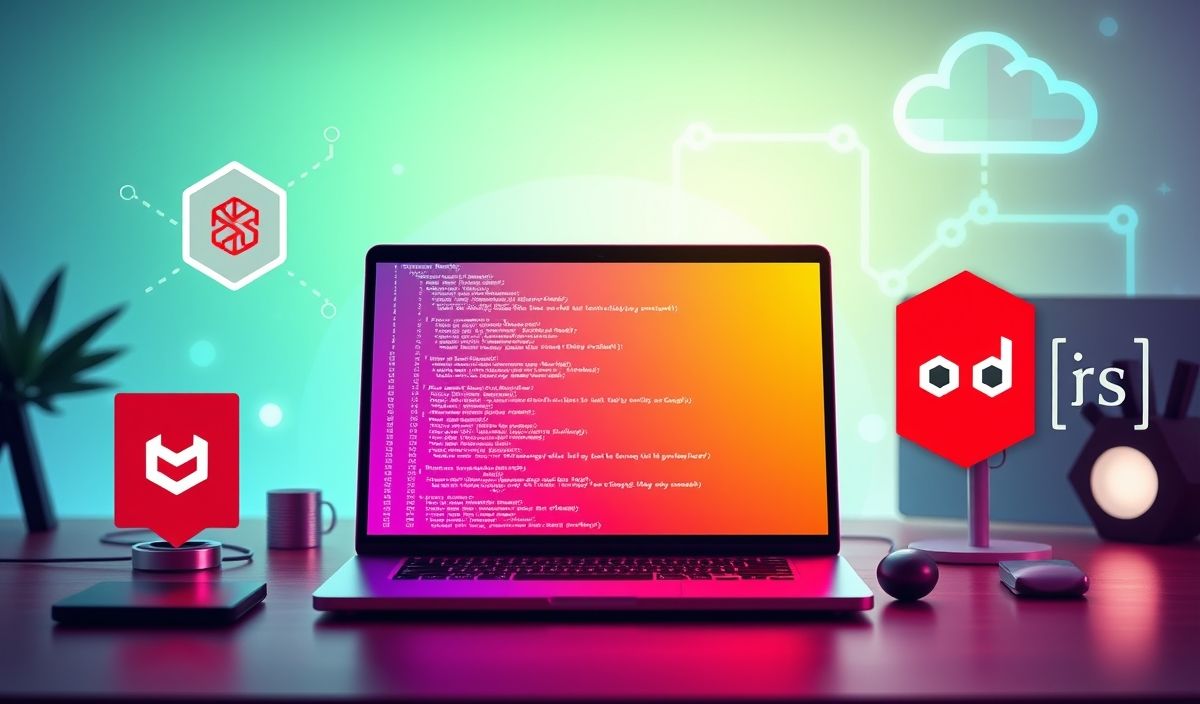Introduction to Containerized Applications
Containerized applications are transforming the way software is developed, distributed, and executed. Containers provide a lightweight and portable method to deploy and run applications, ensuring consistency across different environments. With containerization, developers can package an application along with all its dependencies, libraries, and configurations into a single container image.
API Interaction with Containers
Below are some of the most essential APIs for working with containers, along with code snippets for practical usage:
1. Docker SDK for Python
The Docker SDK for Python allows you to manage Docker containers from within your Python applications.
import docker
client = docker.from_env()
# List all containers
containers = client.containers.list()
for container in containers:
print(container.name)
2. Kubernetes Python Client
The Kubernetes Python client enables Python applications to interact with the Kubernetes API, automating deployments, scaling, and managing containerized applications.
from kubernetes import client, config
config.load_kube_config()
v1 = client.CoreV1Api()
ret = v1.list_pod_for_all_namespaces(watch=False)
for i in ret.items:
print(f"Pod Name: {i.metadata.name}")
3. Podman Python
Podman is a daemonless container engine for developing, managing, and running OCI Containers on your Linux system.
import podman
client = podman.PodmanClient()
# List all containers
containers = client.containers.list()
for container in containers:
print(container.name)
4. Containerd Python
Containerd is an industry-standard core container runtime. The Python bindings can be used to interact with the containerd via gRPC.
import containerd
client = containerd.Client()
# List all containers
containers = client.containers()
for container in containers:
print(container.id)
Application Example: Flask with Docker
Let’s put the above APIs into practice by creating a simple Flask application that runs inside a Docker container.
1. Create a Flask Application
from flask import Flask
app = Flask(__name__)
@app.route('/')
def hello_world():
return 'Hello, World!'
if __name__ == '__main__':
app.run(host='0.0.0.0', port=5000)
2. Dockerfile for Flask Application
Create a Dockerfile to containerize the Flask application:
FROM python:3.9-slim WORKDIR /app COPY requirements.txt requirements.txt RUN pip install -r requirements.txt COPY . . CMD ["python", "app.py"]
3. Build and Run the Docker Container
Use the Docker CLI to build and run the container:
# Build the Docker image docker build -t flask-docker-app . # Run the Docker container docker run -p 5000:5000 flask-docker-app
Congratulations! You have successfully created a containerized Flask application using Docker.
Hash: 8d70d901caddda8732ae12a3f1610ed23c762aad290b41ab64914da4bc6509eb




